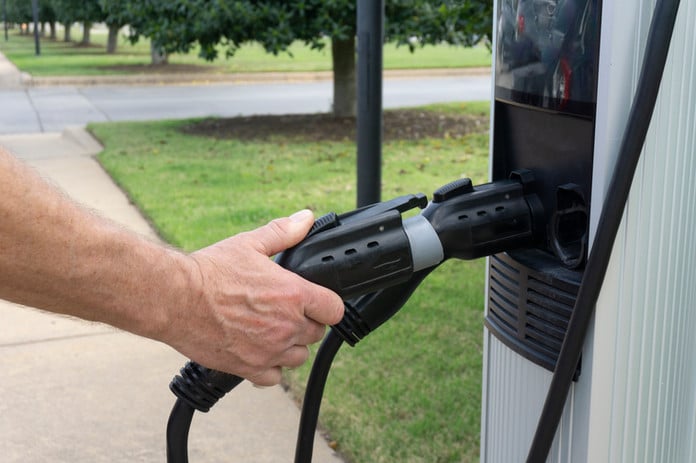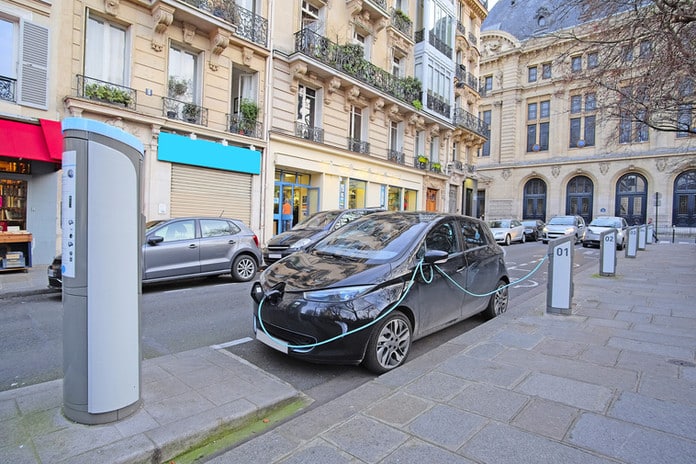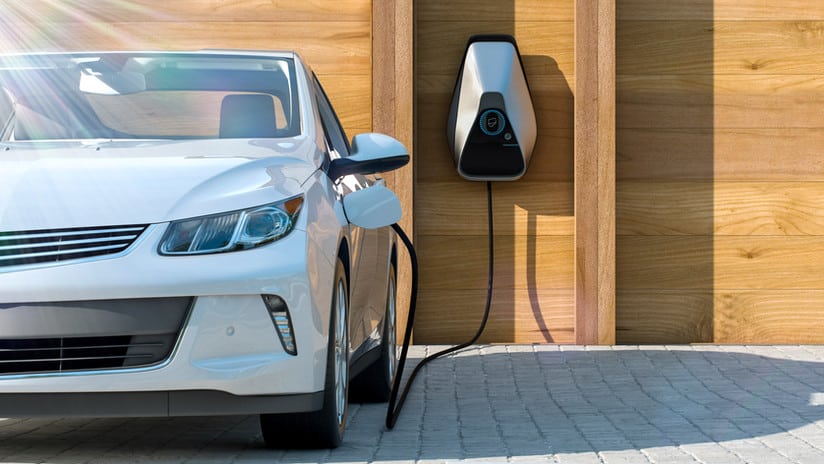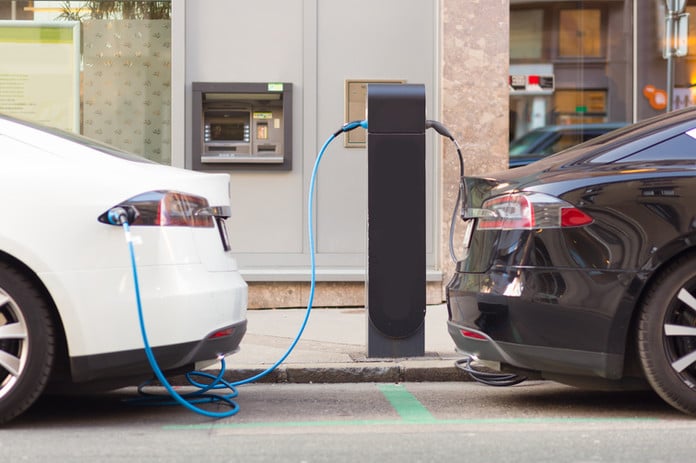What are EV Chargers & how do they work?
An EV charger is a domestic unit that allows you to charge your vehicle from your home mains electrical supply. The EV charger will route your mains supply from inside the house to a neat unit that will be positioned near to where you car is kept overnight. They can be positioned outside the house or in a garage depending on your circumstances.

Why do I need an EV Charger?
An EV charger is the safest, quickest and most convenient way to charge your EV.
An EV charger is safe, because an EV charger is a dedicated unit that only provides the amount of charge needed. EV chargers will have built-in safety circuitry.
EV chargers are quick: EV chargers will charge your EV around eight times faster than just using a conventional cable.
Nothing is more convenient than having your electrical supply exactly where you want it, with a minimal amount of trailing cables. Home EV chargers give you the ability to charge your EV fully and quickly at home, rather than having to plan to visit public or commercial chargers.
FAQ
COMING SOON






Clients & partners
We work with the best.
House-AV are backed by a number of brilliant brands to ensure your project is on point.

What different types of EV Chargers are there?
There are many types of EV chargers available. They differ due to their connection type, charging rate and software.
Connection Type. EV’s have two connection types, known as Type 1 and Type 2. Whilst Type 2 is expected to become the standard, you need to make sure your charger is compatible with your EV. Also, some chargers, called ‘solar balancing’ chargers, can connect directly to your solar panels.
Furthermore, chargers are available as either ‘tethered’ or ‘untethered’. As the name suggests, an untethered charger will need to be connected to both your car and your charger, whereas a tethered charger’s cable is hard-wired into your charger. Untethered chargers allow the cable to be stored more neatly, but are generally not as powerful as tethered chargers.
Charging Rate. An EV charger’s power will be measured in Kilowatts (kW). The more powerful the charger, the faster the rate of charge.
Software. More expensive EV chargers will have more flexible and powerful software. Better software allows, for example, your charger to be part of your Smart Home system. This means that it can be voice activated, or even remotely activated.

























